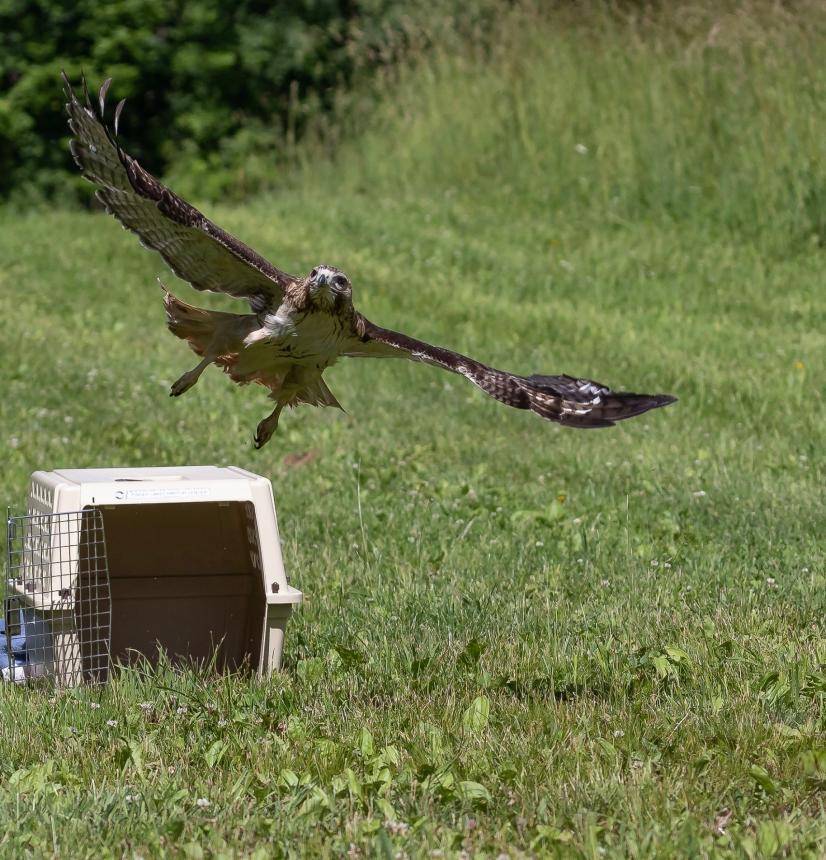In the News

For Your Information
October 07, 2021
By analyzing case records, Cornell researchers helped clarify and quantify the causes for wildlife rehabilitation, species involved, and treatment outcomes.

October 05, 2021
Dr. Katherine McClure, quantitative disease ecologist and 2019-2021 postdoctoral fellow with the Cornell Atkinson Center for Sustainability and the Cornell Wildlife Health Center, is working to save Hawai’i’s native bird populations from avian malaria.

October 04, 2021
Using the most technologically advanced test to make a diagnosis might seem like a logical move, but a new commentary paper co-authored by Cornell Aquatics Scientist Dr. Rod Getchell warns veterinary clinicians and researchers that a diagnosis cannot rely on tests alone.

September 29, 2021
Dr. Katherine McClure, a quantitative disease ecologist, has been working with Birds, Not Mosquitoes as a Cornell Atkinson Center for Sustainability postdoctoral fellow with the Cornell Wildlife Health Center to develop and evaluate incompatible insect technique (IIT) release strategies to help save Hawai‘i’s native bird populations from avian malaria.

Video
September 22, 2021
Watch the announcement of this year's Ig Nobel Transportation Prize, awarded to a Cornell-led team for their research on whether it's safer for rhinos to be transported upside-down or on their side.

September 22, 2021
A Cornell-led study that hung rhinoceroses upside down to see what effect it had on the animals to aid conservation efforts has been awarded one of this year's Ig Nobel prizes.

September 07, 2021
By testing easier-to-study coyotes, Cornell researchers, in collaboration with the Cheyenne River Sioux tribe, have identified a range of lethal diseases threatening black-footed ferrets – one of the most endangered animals in North America.

September 03, 2021
There is astonishing diversity in how mammal mothers undergo pregnancy and birth. Dr. Alexander Travis, a Cornell reproductive biologist, describes how 'the birds and the bees' work for these unique animals.

August 23, 2021
For more than a year, the world has closely followed the development, approval and deployment of various coronavirus vaccines that could bring an end to the global pandemic, debating every side effect and hurdle. But vaccines aren’t only used to spare humans from the ravages of disease; increasingly, they’re being used to conserve wild species threatened with extinction.

August 20, 2021
KAZA Ten Years On: World’s largest terrestrial transfrontier conservation area requires true habitat connectivity, as explained in a letter to Science by Cornell’s Dr. Steve Osofsky and WWF Namibia’s Dr. Russell Taylor.
